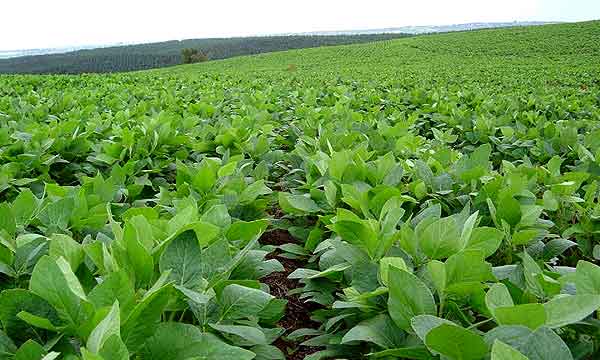Solvent extractors want Govt aid to buy farmland abroad
- Hindu Business Line
- 27 October 2009
The Solvent Extractors’ Association of India, a body of over 800 edible oil producing companies, is looking to buy tracts of agricultural land in South America, Africa and Myanmar.


























